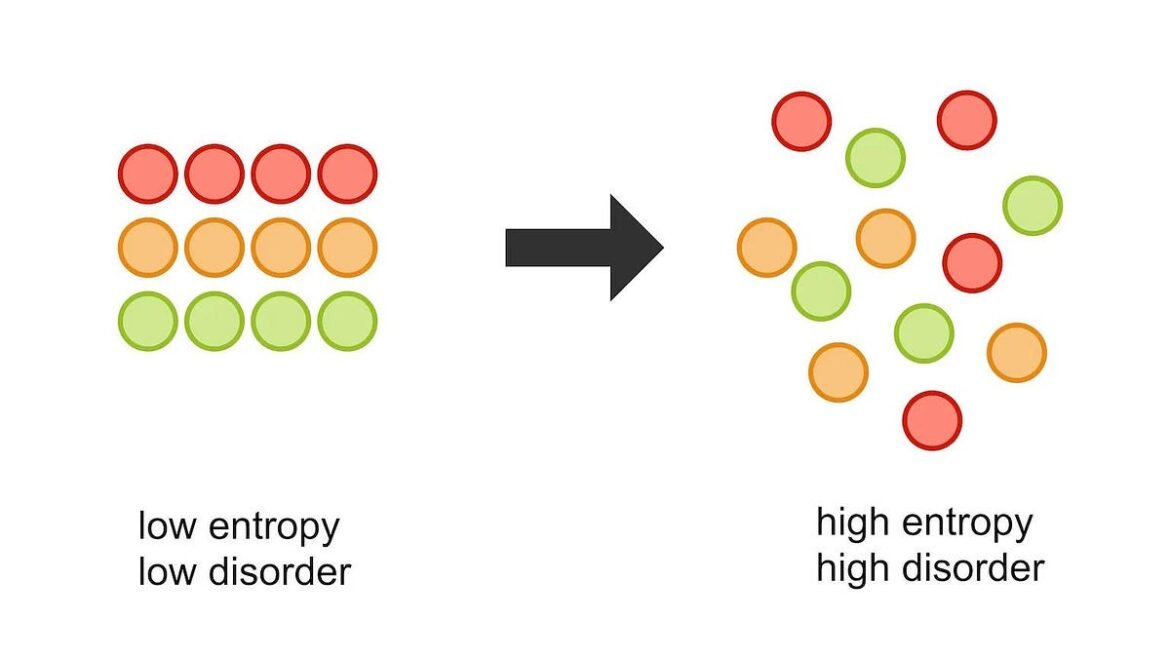The second law of thermodynamics tells us that entropy always increases. But that doesn’t mean it was zero at the start of the Big Bang.
One of the most inviolable laws in the Universe is the second law of thermodynamics. It tell us that, in any physical system, where nothing (no particles and no energy) is exchanged with the outside environment, entropy always increases. This is true not only of a closed and isolated system within our Universe, but of the entire Universe itself. If you look at the Universe today and compare it to the Universe at any earlier point in time, you’ll find that the entropy has always risen and continues to rise, with no exceptions, throughout all of our cosmic history.
But what if we go all the way back to the earliest times of all: to the very first moments of the Big Bang? What about even earlier: to the epoch of cosmic inflation that preceded and set up the hot Big Bang? If entropy has always increased, does that mean that the entropy of the Universe started from a value of zero at some initial time, and a state of what we might think of as “maximal organization” at some point?
The answer, perhaps surprisingly, is no. The Universe not only wasn’t maximally organized at the start of the Big Bang, but had quite a large entropy even at the earliest stages we can describe, during the hot Big Bang and even before. Moreover, “organized” isn’t quite a sound way to think about it, even though we use “disorder” as an offhand way to describe entropy. Let’s unpack what all of this means.
When we think about the Universe in the earliest stages of the hot Big Bang, we’re imagining all the matter and radiation that we have today — currently spread out across a sphere some ~92 billion light-years in diameter — packed into a volume about the size of the world’s largest pumpkin. The Universe back at that stage was incredibly hot and dense, with some 10⁹⁰ particles, antiparticles, and quanta of radiation all possessing enormous energies: energies that were billions of times greater…

